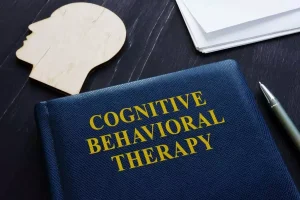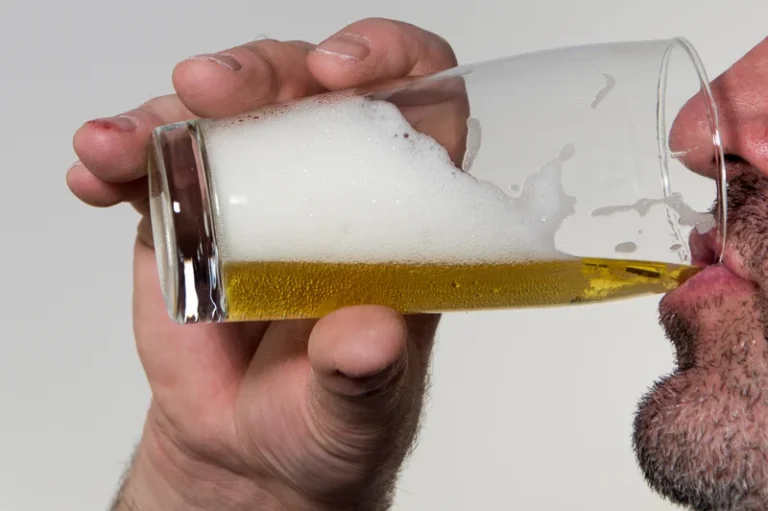

Ongoing therapy and counseling can address the psychological aspects of addiction and help develop strategies for coping with the challenges of neuropathy. The prognosis for alcoholic neuropathy depends on various factors, including the extent of nerve damage and the individual’s commitment to avoiding alcohol and adhering to treatment plans. Some individuals may experience significant alcohol neuropathy stages improvement in symptoms within weeks to months, especially with early intervention and consistent treatment. However, for others, especially those with severe or long-standing neuropathy, some symptoms may persist indefinitely. Long-term management focuses on symptom relief, preventing further nerve damage, and maintaining a healthy lifestyle to support nerve function.
What causes alcohol-related neurologic disease?
- Initially, they may be barely noticeable but can progress to more severe and disabling conditions if alcohol consumption continues.
- She specializes in mood and personality disorders as they relate to addiction and is passionate about healing trauma by way of brainspotting and other trauma therapy methods.
- If you or a loved one is ready to seek help, consider visiting the rehabs.com treatment directory.
- The hyperalgesia was acutely attenuated by intradermal injection of nonselective PKC or selective PKCε inhibitors injected at the site of nociceptive testing.
Outside AspenRidge, Jordan enjoys rock climbing, snowboarding, and playing volleyball and soccer. She believes she was probably a rodeo queen in another life and recharges by spending time with friends and family. Megan’s therapeutic approach is multifaceted, drawing from narrative, feminist, and existential therapy modalities. By employing these frameworks, Megan empowers her clients to confront their realities and comprehend the tangible impact of systemic factors on their lives. Beyond her clinical practice at AspenRidge, Courtney finds solace in outdoor activities, sports, reading, and cherishing quality time with her family and beloved dog.
How Long Does Alcoholic Neuropathy Take To Go Away?


The peripheral nerves also send sensory information to the central nervous system through sensory nerves. As with any medical condition, prompt treatment is key to heal existing damage and prevent further harm. It’s also essential to seek treatment from a physician, as they possess the specialized knowledge to determine the best course of action.
Is fatigue a symptom of peripheral neuropathy?
Such articles are not suitable for any (self-) diagnosis and treatment of individual illnesses and medical indications. In particular, they cannot substitute for the examination, advice, or treatment by a licensed physician or pharmacist. No replies to any individual questions shall be effected through the articles. When you ingest alcohol, your kidneys’ filtering abilities are affected, as is the way the organs handle electrolytes like potassium and sodium. This leads to an increase of water in your body after a bout of drinking that can present itself as swollen feet and hands.
- A healthcare professional can offer support for people with alcohol use disorder.
- Damage to nerves from chronic alcohol use can have long-lasting and painful effects.
- Antiepileptic drugs, such as the gamma aminobutyric acid (GABA) analogue (gabapentin), have proven helpful in some cases of neuropathic pain.
- Thus, it is clear that all the above pathways are potential targets for novel pharmacological agents for the treatment of alcoholic neuropathy.
Following detox, comprehensive rehabilitation programs, like those offered at Resurgence Behavioral Health, provide the necessary support and treatment to address the psychological aspects of addiction. These programs include therapy, counseling, and education on substance abuse and its impacts. For those with alcoholic neuropathy, rehabilitation also focuses on managing and treating the nerve damage, incorporating physical therapy, nutritional counseling, and strategies to prevent further nerve injury.
- These effects are usually not as severe when it only affects one nerve or a limited group of nerves.
- Your muscles need nerve connections to the brain to stay healthy and work properly.
- There is damage to the nerves due to the direct toxic effect of alcohol and the malnutrition induced by it.
While peripheral neuropathy generally cannot be cured, there are several medical treatments that can be used to manage the pain of alcoholic neuropathy, aiding in your recovery. Alcoholic neuropathy is a condition in which the nerves become damaged as a result of years of heavy alcohol consumption. Symptoms include burning pain in the body, hyperalgesia (increased sensitivity to pain), and allodynia (a condition in which normal stimulus, like a soft touch, produces pain).




The primary risk factor for alcoholic neuropathy is chronic consumption of large amounts of alcohol. In someone with alcohol use disorder who may consistently consume large amounts of alcohol, the chronic effect of alcohol on nerves can lead to permanent damage. Constant pain in the hands or feet is one of the most bothersome aspects of alcoholic neuropathy. As the condition progresses, the pain may vary in intensity, sometimes diminishing for months before worsening again.


The symptoms of alcoholic neuropathy are insidious, proceeding so gradually that they often go unnoticed for a long time, and once noticed, the connection to alcohol abuse isn’t always immediately apparent. Eventually, if left untreated, alcoholic neuropathy can cause permanent pain. Alcoholic neuropathy is just one of the potential conditions caused by excessive, long-standing alcohol consumption, and it can be utterly debilitating. The earlier it’s caught, the higher the chances of recovery, which is why, whether you’re worried about yourself or a loved one, it’s critical to understand what alcoholic neuropathy is and what it feels like. Nerve damage from chronic alcohol consumption can develop over several years.
Fortunately, researchers are learning more about why this condition develops and what can be done to effectively treat it. If your doctor is able to identify an underlying cause for the neuropathic pain, treating it may reduce and even eliminate the pain. Nonsteroidal anti-inflammatory drugs (NSAIDs), such as Aleve and Motrin, are sometimes used to treat neuropathic pain. An important goal is that your doctor will aim to provide pain relief, help you maintain typical capabilities despite the pain, and improve your quality of life. Shingles, which is caused by reactivation of the chicken pox virus, can trigger several weeks of neuropathic pain along a nerve.
How to Prevent Alcoholic Neuropathy
Talking to your healthcare provider can be especially helpful when you have symptom changes or side effects that affect your usual routine and activities. Your provider may be able to modify your treatment or find ways to adapt to these changes and limit their effects. Peripheral neuropathy is a sign of a problem with the nerve signals traveling between parts of your body and your brain. While this can happen for minor reasons that aren’t serious, it can also happen because of severe or dangerous conditions. It’s also sometimes possible to stop or reverse certain types of neuropathies if treatment begins quickly enough. Because of these factors, you shouldn’t try to self-diagnose and self-treat it.













